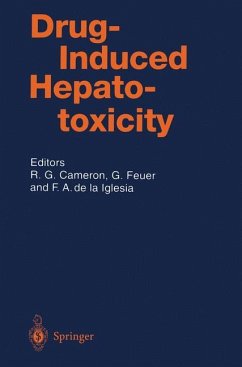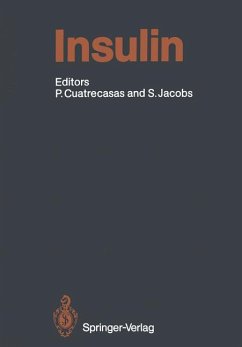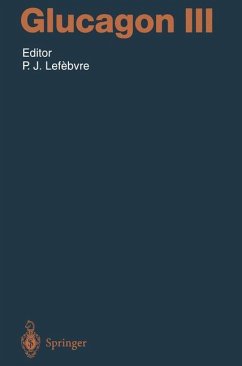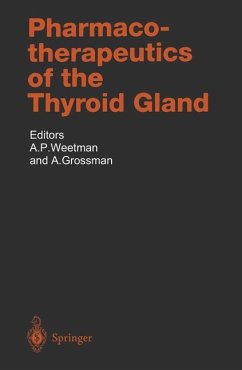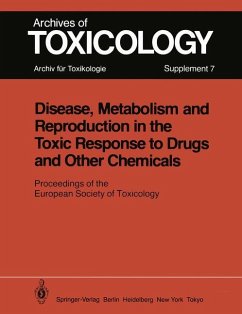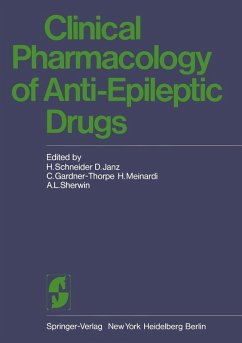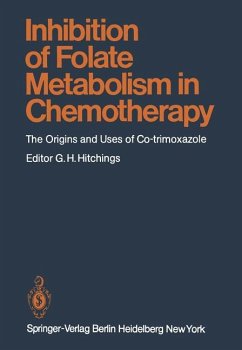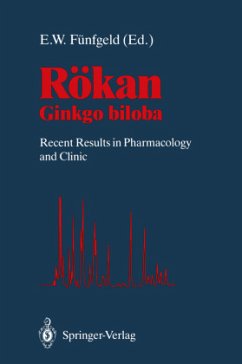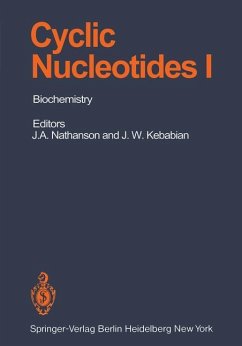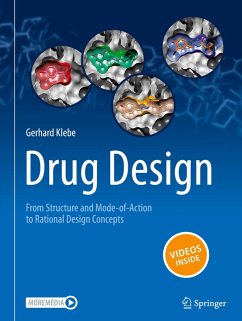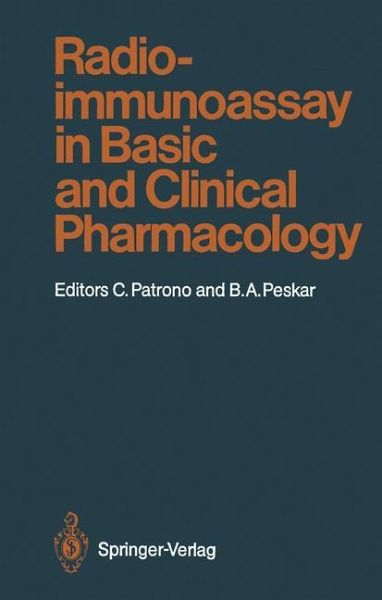
Radioimmunoassay in Basic and Clinical Pharmacology
Versandkostenfrei!
Versandfertig in 1-2 Wochen
77,99 €
inkl. MwSt.

PAYBACK Punkte
39 °P sammeln!
Thirty years have elapsed since the first description by S. A. BERSON and R. S. Y ALOW of the basic principles of radioimmunoassay (RIA). During this period of time, RIA methodology has been instrumental to the growth of many areas of biomedical research, including endocrinology, oncology, hematology, and pharmacology. It has done so by providing a relatively simple universal tool allowing, for the first time, the detection of endogenous mediators that are present 12 10 in body fluids at concentrations as low as 10- _10- M. The fundamental nature of this discovery and the wide-ranging fall-out...
Thirty years have elapsed since the first description by S. A. BERSON and R. S. Y ALOW of the basic principles of radioimmunoassay (RIA). During this period of time, RIA methodology has been instrumental to the growth of many areas of biomedical research, including endocrinology, oncology, hematology, and pharmacology. It has done so by providing a relatively simple universal tool allowing, for the first time, the detection of endogenous mediators that are present 12 10 in body fluids at concentrations as low as 10- _10- M. The fundamental nature of this discovery and the wide-ranging fall-out of basic and clinical knowledge derived from its application have been acknowledged by the many honors tributed to its pioneers, including the Nobel Prize awarded to Dr. Y ALOW 10 years ago. Although several excellent books have been published during the past decades covering various aspects of RIA methodology, we felt the need, as pharmacologists, for a comprehensive discussion of the methodological and conceptual issues related to the main classes of mediators of drug action and to drugs themselves. Thus, we gladly accepted the challenge provided by the invitation to edit a volume of the Handbook of Experimental Pharmacology on Radioimmunoassay in Basic and Clinical Pharmacology. We tried to balance the emphasis placed on more general aspects of the RIA methodology and that on specific mediators.



